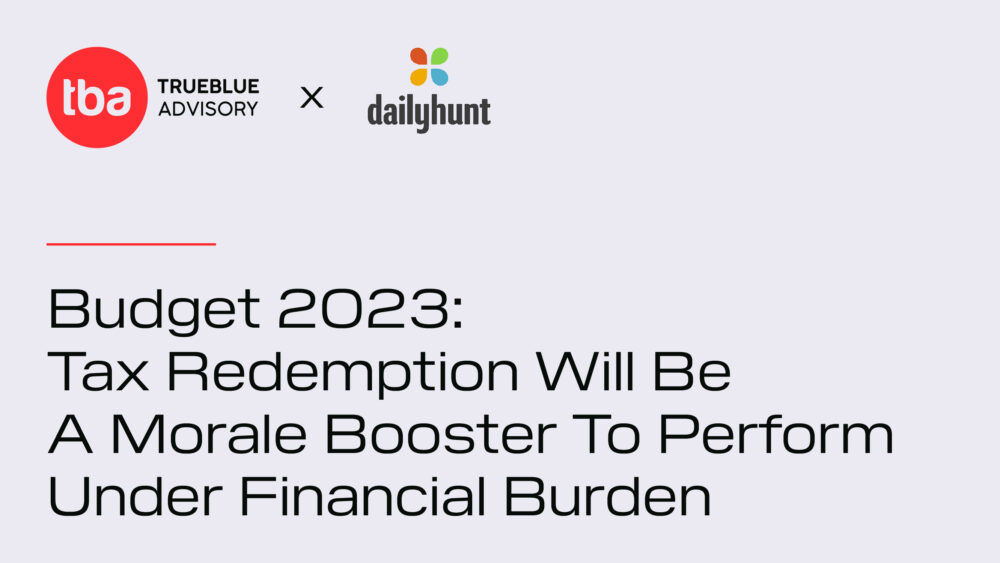Finance Minister Nirmala Sitharaman is all set to present the Union Budget in Lok Sabha on February 1, Wednesday, at 11 a.m. for the years 2023-24. As all eyes are on the upcoming budget, various industry leaders have several expectations from the budget, such as job creation, talent management, etc.
The foremost expectation from the finance minister is to sustain the path of growth while keeping a close watch on inflation and the fiscal deficit. This is especially important because experts believe 2023 will be the year of job movements, etc., a trailer for which can already be seen.
India’s government must make significant investments in employer branding given India’s key status as the world’s talent nation and the government’s focused focus on digitising the nation.
Employer branding refers to the standing of your business as an employer and the benefits it offers its staff. Simply defined, it’s what current employees and potential candidates for jobs think of your company. You have a better chance of luring top talent to your business if you have a positive employer brand. Additionally, you’re more likely to keep good employees on board, which is crucial for any company’s expansion and success.
Government organisations are currently unable to broaden their talent pools because of outdated preconceptions and cutting-edge potential. The greatest method to seize chances, clarify myths, increase awareness, and ultimately acquire more top talent is to develop and promote the employer brand.
It is consequently anticipated that the government will allocate separate funds for employer branding in order to create and advertise itself as an employer of choice which is the need of the hour.
“It’s essential to understand why layoffs happen. Corporations or various start-ups hired a lot of talent without an employment strategy. Random hiring leads to spontaneous firing because the employment strategy is not in tandem with the business plan and profit calculation. Thus, in a coming couple of years, hiring will get very targeted, with companies hiring multi-taskers with more than one skill set. Such talent will also be mobilized internally by upskilling to fill vacancies in specific wings to promote them. In short, targeted hiring and the internal mobility of employees will govern the job market for at least the next two years. By 2025, AI will be operational in various sectors on a larger scale. With digital transformation leading every organization’s key charter, talent who can command AI will be essential by 2023.” said Richa Telang – Founder and CEO of TrueBlue Advisory- An employer branding and talent management firm.
Richa added that “As for tax redemption, salaried people have higher expectations from the upcoming budget, and tax relief is a major concern. Personal income tax in India began at 5% and gradually increased to 42.74%, including surcharges and cesses. Personal income tax rates in India are much higher than in other countries, such as Hong Kong (15%), Sri Lanka (18%), and Singapore (22%). And in the post-pandemic era, people have either lost their jobs, undergone salary cuts, or are battling inflation and EMIs. Such talent will expect a raise in the tax redemption rate by the government in the upcoming budget. It will be a morale booster for them to perform better under less financial burden.”
It is also expected that the government may consider offering tax rebates by rationalising the GST in order to broaden the tax base and other incentives for businesses that hire women in order to promote a healthy work environment. The salaried class also has high expectations from the upcoming budget that ensures long-term benefits for them like retirement benefits, healthcare, etc.
As the budget is just a few weeks away, all hopes and expectations are now on the finance minister, Nirmala Sitharaman. Every industry is looking at this budget as a boon in times of layoffs and reduced salaries and eagerly waiting for their expectations to come true.




Comments are closed.